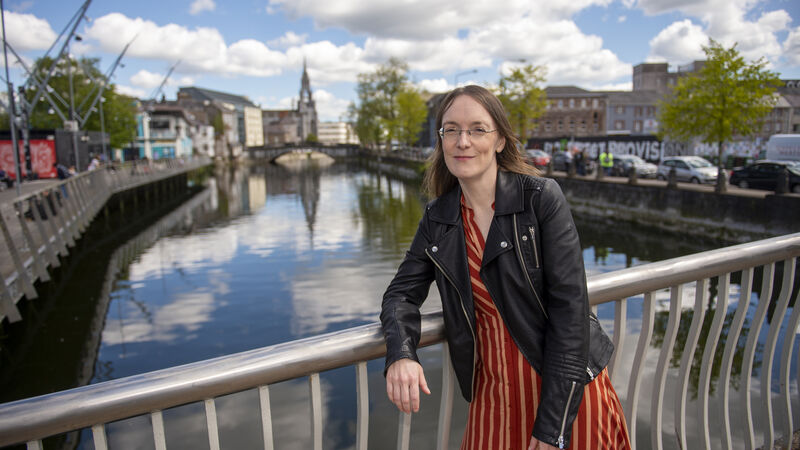'I wanted it to be a love letter to Cork': Lisa McInerney on her new novel

Lisa McInerney - "the pull of Cork is pure magnetic" Pictures: Dan Linehan
began for me with an image of a woman doing Pana, tickled that all around her were people oblivious to the fact that she’d just killed someone.
The character that came out of that image was Maureen Phelan, from Mayfield but with 40 years in London under her belt, and she spends much of trying unsuccessfully to wreak havoc on Cork City.




